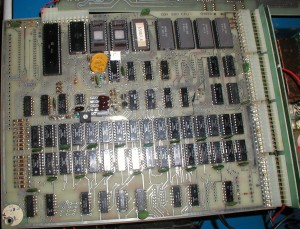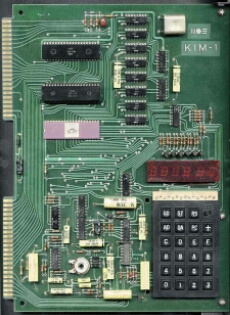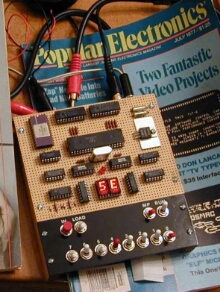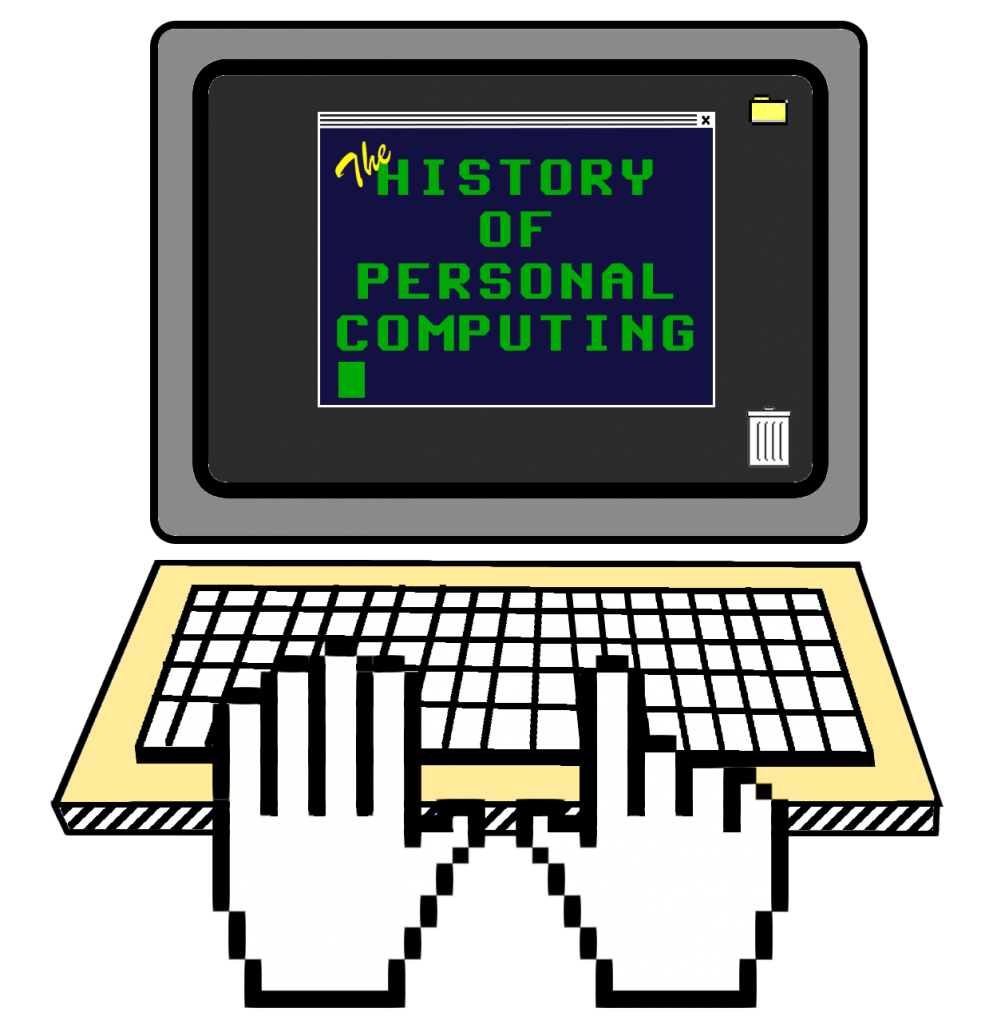
OSI Model 500 (Superboard I)
Ohio Scientific Inc. was a US based computer company that designed microcomputers from 1975 to 1981. The OSI Model 500 system was their earliest system, launched in 1977. It was a very simple single-board computer based on the MOS Technology 6502 microprocessor, but it lacked video circuitry, therefore a serial terminal had to be used. All of the computers that OSI’s went on to design used the 6502. In 1978, they released the Superboard II, also known as the Model 600. It was only available as a ready-built system, although the user had to build or buy a five volt external power supply to power it. The Superboard II included a keyboard, 4K of RAM, BASIC-in-ROM and cost just $279. OSI’s Challenger 1P and Challenger IIP-MF computers used the Superboard II as their main boards. Continue reading OSI Superboard (I and II)…




